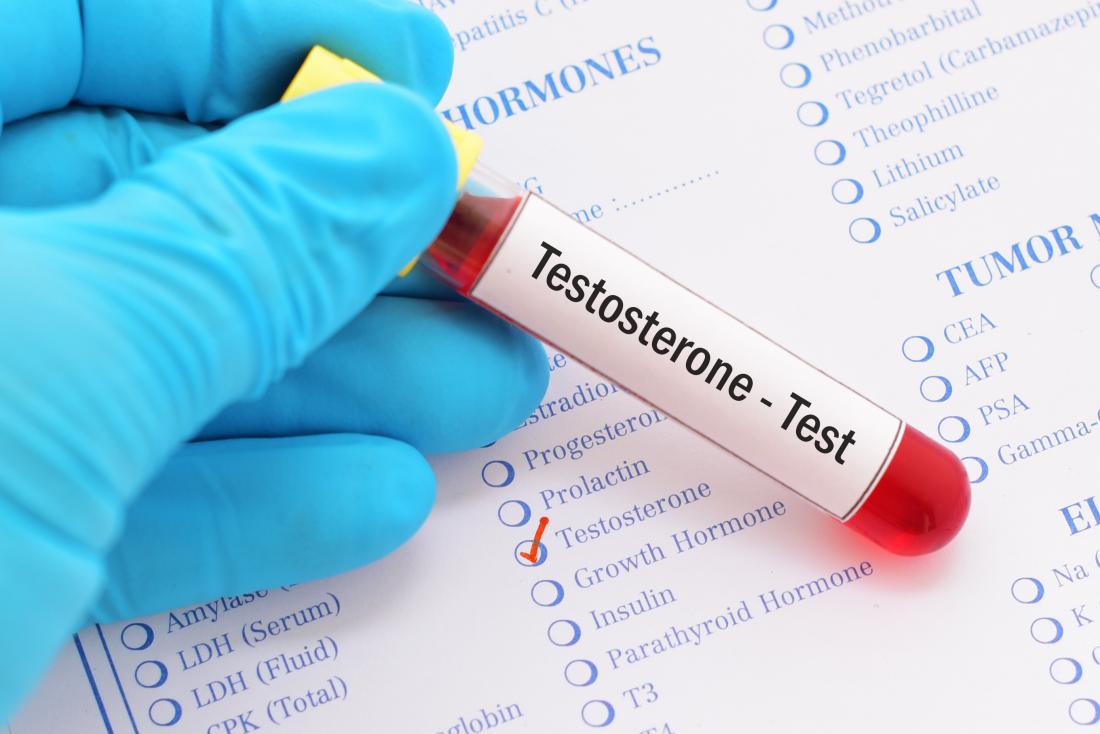What Is Testosterone?
Testosterone may be the most notorious of hormones. It conjures up thoughts of muscles and masculinity. In fact, testosterone not only fuel sex drive and muscle mass, but it also regulates mood and bone strength.
Aging and Testosterone Levels
A slow drop in testosterone is a normal part of aging, sometimes called “andropause” or “male menopause.” For many men, this doesn’t cause any significant problems or symptoms. Others may notice hot flashes, irritable moods, or less interest in sex.
Low Testosterone and the Body
Low testosterone can cause visible changes in some men:
- Thinner muscles
- Loss of body hair
- Smaller, softer testicles
- Larger breasts
Low Testosterone Affects Bones
You may think osteoporosis, or brittle bone disease, is a woman’s disease, but it can affect men as well. Low testosterone is a common cause. As testosterone levels fall, the bones may get thinner, weaker, and more likely to break.
Low Testosterone and Sex
A drop in testosterone doesn’t always interfere with sex, but it can make it more difficult for your brain and body to get aroused. Some men may notice a drop in libido, while others may lose interest in sex completely. Low testosterone can also make it tougher to get or keep an erection.
Testosterone, Mood, and Thinking
Some men have subtle problems like irritability or other mood changes, poor concentration, and less energy. These symptoms can easily be caused by other health problems though, like anemia, depression, sleep troubles, or a chronic illness.
Low Testosterone and Infertility
Testosterone helps a man’s body make sperm. When levels of the hormone are low, his sperm “count” can be low, too. Without enough sperm, he may not be able to father a child.
What Causes Low Testosterone?
Getting older is the most common reason testosterone levels dip. Illnesses are sometimes to blame, including:
*Type 2 diabetes
*Liver or kidney disease
*COPD
*Pituitary gland problems
*Testicle injuries
Radiation therapy, chemotherapy, and steroid medicines can also affect testosterone levels.
Your doctor may suggest a testosterone test if you have:
*Erectile dysfunction
*Lower sex drive
*Low sperm count
*A loss of height, body hair, or muscle size
If you have an illness known to lower testosterone, your doctor may want to test your levels of the hormone.
Testing for Low Testosterone
Testosterone is usually measured with a blood test done early in the morning, when levels are highest. Normal levels range from 300 to 1,000 ng/DL. Your doctor may want to run this test a second time before diagnosing low testosterone.
Treating Low Testosterone
If you have low blood levels of testosterone AND symptoms that affect your daily life, your doctor may suggest taking supplemental testosterone & CHEMFORCE is the one of the most effective, natural and promising dietary supplement comprising Furosap(U.S. Patented clinically proven ingredient) & other proprietary ingredient Alpha Yohimbine (Rauwolscine) known as an aphrodisiac. It helps in improving athletic performance and mood boosting.
CHEMFORCE helps to;
*Improve sperm quality & quantity
*Enhance Libido – An essence of being a man
*Improve mood & mental alertness
*Enhance reflex erection
*Improve free testosterone levels
*Improve overall performance
Recommended dosage of CHEMFORCE is one capsule daily after breakfast.
Do not take the capsule empty stomach.
The product is not for instant results. Regular use is recommended for better results.



















